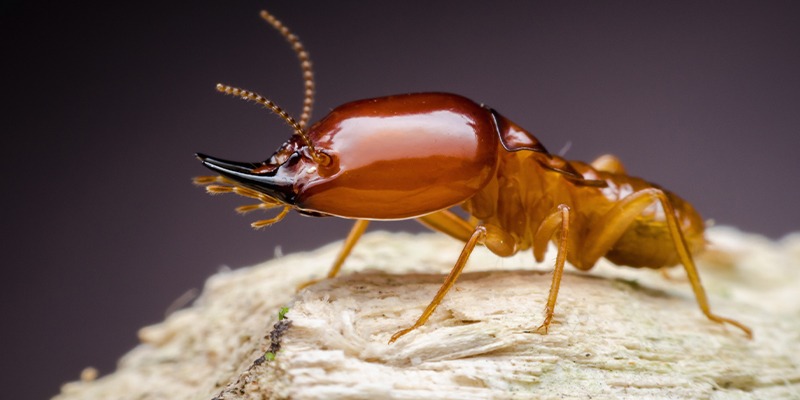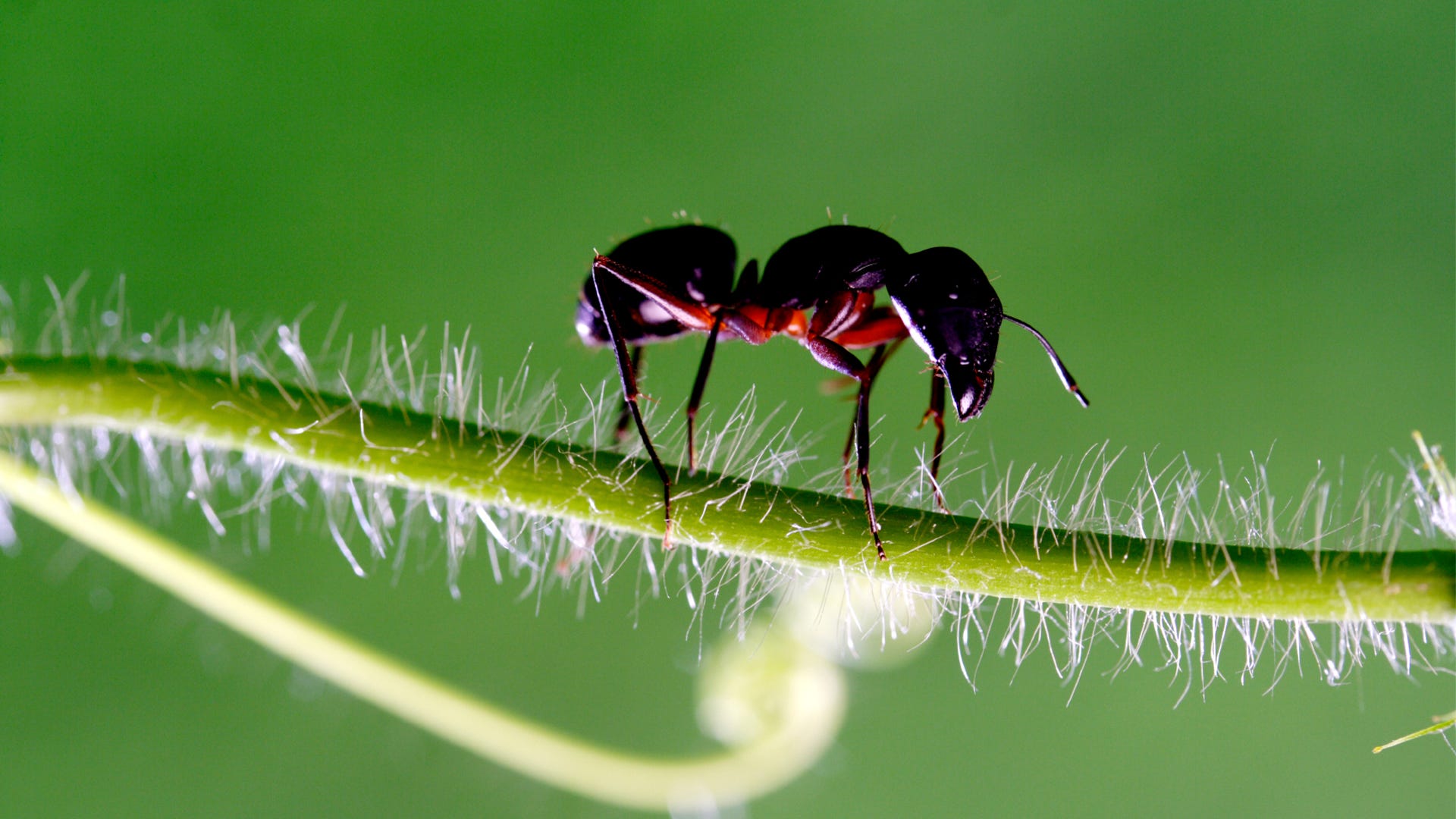Why Pick Our Termite Control Services: Professional Solutions for Effective Security
Environmental Effect of Parasite Control: Harmonizing Performance With Sustainability
The environmental influence of parasite control is a vital concern that calls for a fragile balance between achieving efficiency in handling parasites and making sure sustainability of our communities. From the use of harmful chemicals that permeate into our dirt and water to the unexpected effects on non-target species, the repercussions of standard bug control techniques are far-ranging.
Hazardous Chemicals in Insect Control
The usage of damaging chemicals in insect control presents substantial ecological and wellness dangers that call for cautious consideration and reduction approaches. Herbicides, insecticides, and chemicals are typically made use of to get rid of parasites, yet their extensive application can cause unexpected repercussions. These chemicals can pollute soil, water resources, and the air, influencing not just the targeted insects but additionally advantageous pests, wildlife, and people.

To deal with these threats, incorporated parasite management (IPM) techniques are being advertised as an extra sustainable alternative. IPM entails a mix of techniques such as organic control, habitat control, and the targeted use of pesticides as a last resource (ant control burlington nc). By embracing an alternative method to pest control, we can reduce the environmental and wellness effects associated with hazardous chemicals while properly taking care of pest populations
Effect On Non-Target Types
Considering the unplanned repercussions of insect control methods, the effect on non-target species is a crucial facet that needs comprehensive assessment. While pest control procedures aim to target certain parasites, various other microorganisms in the environment might be unintentionally affected. Non-target species, consisting of advantageous pests, birds, animals, and also plants, can endure indirect or direct injury from chemical applications or organic control approaches.
Pesticides developed to battle a specific insect parasite may harm pollinators like or all-natural killers such as ladybugs. Biological control agents, if not species-specific, can present dangers to unplanned targets, interrupting the eco-friendly equilibrium.
To reduce the effect on non-target varieties, incorporated bug management (IPM) techniques that emphasize an all natural approach to pest control are suggested. These techniques focus on making use of environmentally friendly practices, decreasing harm to valuable organisms while efficiently managing pest populations. Conducting extensive danger evaluations and checking the results of parasite control efforts are vital actions in safeguarding non-target species and advertising general ecological community health and wellness.
Soil and Water Contamination
Unintentional ecological effects of pest control approaches expand past impacting non-target varieties, with substantial implications for dirt and water contamination - ant control services. Chemicals, herbicides, and chemical fertilizers utilized in bug control can leach into the soil and contaminate groundwater, posing a risk to both marine and earthbound environments.
Water contamination is another critical problem associated with parasite control methods. To reduce dirt and water contamination from bug control activities, integrated bug management strategies that prioritize sustainability and lessen chemical inputs are crucial.
Air Air Pollution From Chemical Use
Exposure to airborne chemicals throughout farming applications positions a substantial worry for air pollution control measures. When chemicals are sprayed onto plants, they can volatilize right into the air and kind volatile natural substances (VOCs) and other air-borne contaminants. These chemicals can add to the development of ground-level ozone, a significant component of smoke that can have destructive impacts on human health and wellness, plant efficiency, and overall air quality. In addition, chemical drift, where chemicals are carried by the wind to unintentional locations, can lead to the contamination of neighboring environments and water bodies.

Methods for Sustainable Parasite Control
In the world of agricultural methods, implementing lasting bug control methods is extremely important for keeping environmental balance and guarding plant yields. Lasting pest control highlights making use of eco-friendly approaches to take care of pest populations properly while reducing damage to non-target organisms and environments. Integrated Parasite Administration (IPM) is a commonly adopted approach that incorporates biological, social, physical, and chemical control techniques to accomplish long-term pest monitoring remedies.
One secret technique in lasting parasite control is promoting biodiversity within agroecosystems. By improving all-natural opponents of bugs, such as predators and parasitoids, farmers can minimize the requirement for artificial pesticides. Crop rotation and diversity are likewise effective methods to interfere with pest life cycles and create less positive problems for pests to grow. Additionally, using pest-resistant crop varieties and using strategies like trap chopping can aid decrease insect stress without counting heavily you can look here on chemical interventions. Eventually, by integrating these lasting insect control methods, farmers can achieve a balance in between pest monitoring effectiveness and environmental stewardship.
Final Thought
To conclude, the ecological influence of bug control techniques have to be very carefully thought about to stabilize effectiveness with sustainability. Harmful chemicals utilized in pest control can result in soil and water contamination, air pollution, and damage non-target types - termite control. It is vital to apply lasting pest control approaches to minimize these adverse effects on the atmosphere and advertise a much healthier environment for future generations
By embracing a holistic approach to pest control, we can minimize the environmental and wellness influences associated with harmful chemicals while successfully taking care of pest populations.

To mitigate the air pollution triggered by chemical usage, it is important to take on incorporated bug administration strategies that prioritize the usage of non-chemical parasite control methods, such as crop rotation, all-natural predators, and immune plant varieties. Sustainable pest control stresses the use of environmentally pleasant techniques to manage pest populations successfully while reducing injury to non-target organisms and ecosystems. Integrated Pest Monitoring (IPM) is a widely taken on strategy that combines biological, social, physical, and chemical control methods to achieve lasting parasite administration services.